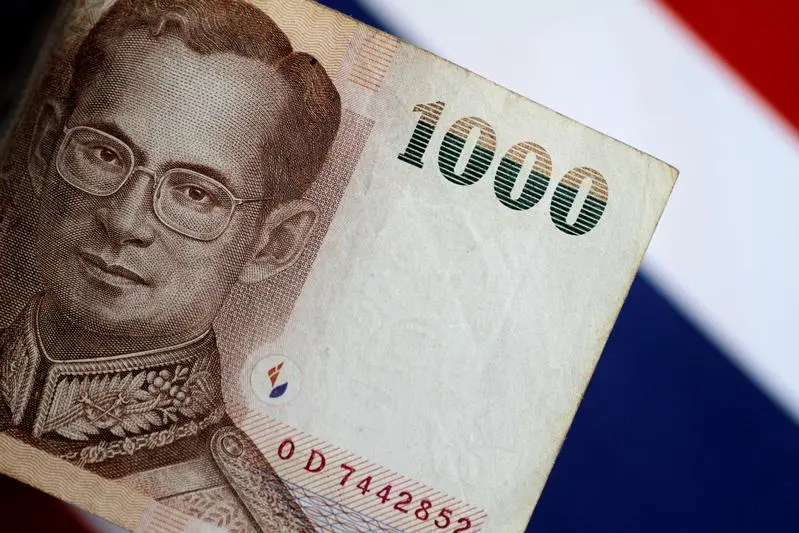PHOTO
BANGKOK - The Thai government's support measures and the passage of a delayed budget bill will help ease the economic blow from a new coronavirus, the country's central bank governor said on Tuesday.
It will take some time to assess the overall impact of the virus outbreak, which is hitting tourism and supply chains, Bank of Thailand Governor Veerathai Santiprabhob told reporters.
The Tourism Authority of Thailand expects the number of foreign tourists to fall by 5 million this year to about 35 million owning to the outbreak. Spending by foreign tourists accounted for no less than 11% of Thailand's GDP last year.
A 3.2 trillion baht ($102.47 billion) budget bill for the current fiscal year, delayed since Oct. 1, was approved last week by parliament and senate.
"The good news is, the budget bill has passed... which will enable the government to inject money to help businesses and the economy," Veerathai said.
"Steps by the government to support business operators and workers will also help alleviate the (virus) impact," he said following the launch of interoperable QR payment between Thailand and Cambodia.
Earlier this month, the government introduced steps, such as tax breaks and soft loans, to help virus-hit businesses. Last week, it said it was planning additional measures, including ones to promote domestic tourism.
On Feb. 5, the central bank also cut its benchmark interest rate to a record low of 1.0%, a third reduction since August, to shore up the economy.
It will next review monetary policy and provide updated economic projections on March 25.
Southeast Asia's second-largest economy grew 2.4% last year, the weakest pace in five years, hurt by declining exports declined and sluggish investment.
The central bank recently said the economy might grow less than 2% this year, compared with a previous forecast of 2.8% growth seen in December.
($1 = 31.23 baht)
(Writing by Orathai Sriring; Editing by Shri Navaratnam) ((orathai.sriring@thomsonreuters.com; +662 0802309; Reuters Messaging: orathai.sriring.thomsonreuters.com@reuters.net))





















